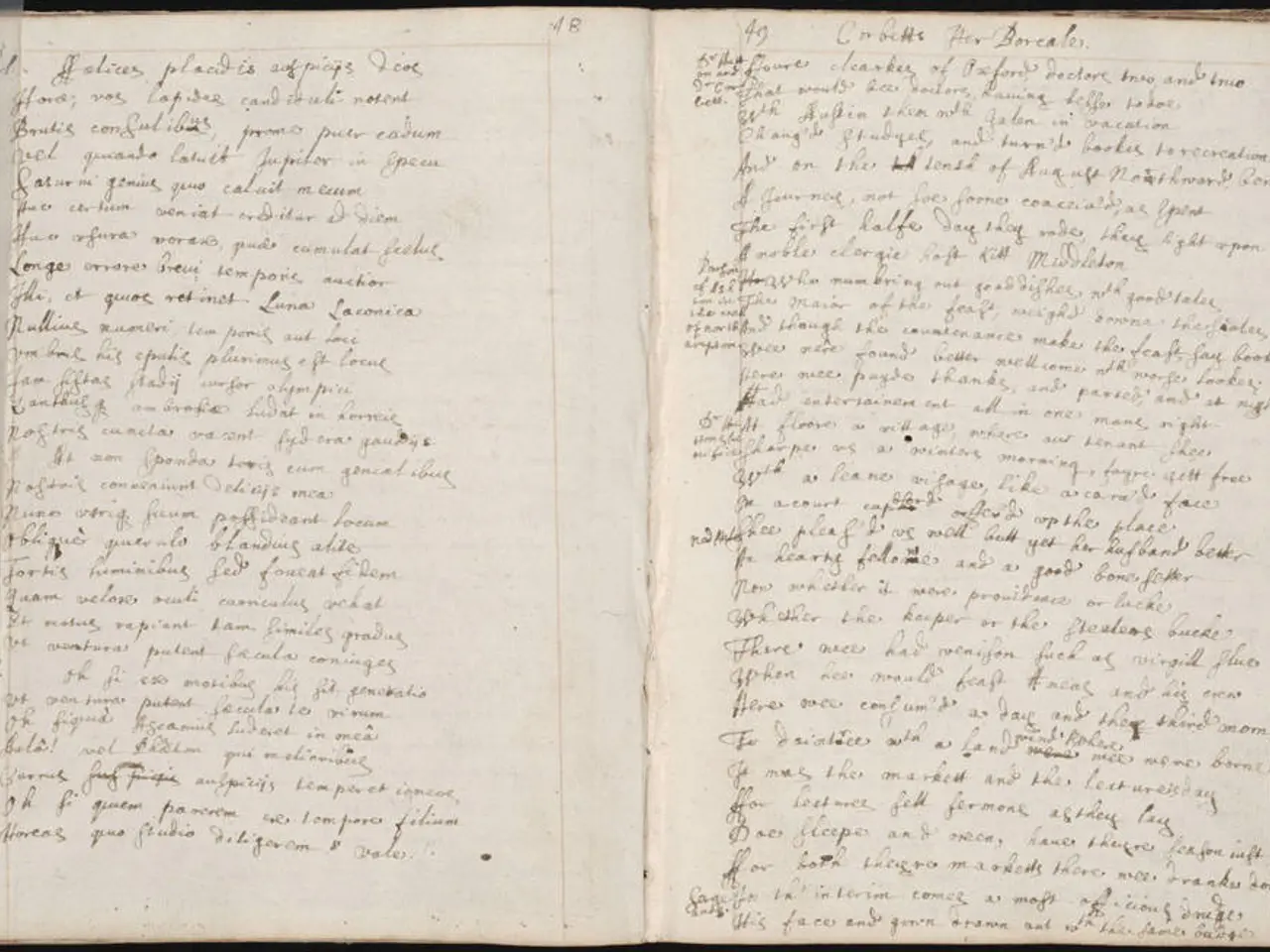Restore Europe's Former Glory: A New Agenda
In recent developments, the Trump 2.0 administration has outlined a new approach towards Europe, one that is markedly different from traditional transatlantic alliances. This strategy, as detailed in the 'Le Grand Continent' online journal and related analyses, is characterised by an economic-first, nationalist agenda, coupled with an ideological affinity for authoritarianism.
The cornerstone of this strategy is economic coercion, with the imposition of "reciprocal tariffs" targeting Europe, aimed at rebalancing trade in favour of the U.S. This move is expected to disrupt transatlantic ties and potentially force Europe to recalibrate its geopolitical orientation under pressure from U.S. demands.
Ideologically, the administration's strategy reflects a deep skepticism and even hostility towards longstanding allies. It aligns closely with authoritarian regimes, undermining liberal democratic alliances. This ideological stance explains contradictory policies such as imposing tariffs on friendly European countries but not on adversaries like Russia or Belarus.
Moreover, the administration's approach is strategically focused on weakening the Russia-China partnership by influencing European and Eurasian geopolitics, using the Ukraine conflict as leverage.
Meanwhile, the European Union is seeking to forge a new collective identity, invoking concepts such as diversity, respect for freedom, rights and dignity, the rule of law, equality, political pluralism, the separation of powers, democracy, protection of minorities, and respect for civil society. However, guarantees of freedom of speech are eroding in the EU due to regulations mandating the criminalization of "hate speech," a term defined broadly to encompass statements deemed offensive according to the subjective sensitivities of certain groups.
In a significant move, the Trump administration's departure from the G7 summit in Canada was perceived as a message to European leaders that they are insignificant compared to the United States.
The European Union's official symbols include the Union's flag, the anthem, its motto, the euro currency, and the celebration of Europe Day on May 9th throughout the Union. However, the EU is causing deep concern due to its evolution, as it allegedly undermines values such as representative democracy, sovereignty, national cultural identity, pluralism of opinions, economic freedom, and development, the family as the natural and fundamental unit of society, and internal security.
In response, the Trump administration's ideological counterparts in Europe aim to return to the founding principles of the EU from 1957 and rename the Union as the European Community of Nations (ECN). Under the proposed changes, the European Council (of heads of state and government) would become the EU's supreme legislative body, stripping EU institutions such as the Commission and Parliament of their powers and reducing the elected parliament to a consultative assembly.
Moreover, the European Court of Justice would lose its authority over national courts under the proposed changes. This shift towards national sovereignty is a significant departure from the EU's current structure and could potentially reshape the European political landscape.
Samuel Samson, Senior Advisor for the Bureau for Democracy, Human Rights, and Labor (DRL), has warned defenders of an enlightened, progressive Europe that a similar strategy of censorship, demonization, and bureaucratic weaponization was utilized against President Trump and his supporters. He suggests that the global liberal project is not enabling the flourishing of democracy but is instead tramping on democracy and Western heritage in the name of a decadent governing class afraid of its own people.
These developments underscore a significant shift in the relationship between Europe and the U.S., one that could have far-reaching implications for both continents and the broader global order.
- The Trump 2.0 administration's strategy, with its economic coercion and ideological affinity for authoritarianism, is a topic of extensive discussion in policy-and-legislation and general-news forums, as it significantly transforms the transatlantic relationship.
- The EU's response to the Trump administration's strategies, such as the proposed restructuring of the European Union, is also a matter of politics and policy-and-legislation, as it involves shifting power dynamics and the evolving identity of the European Union.






